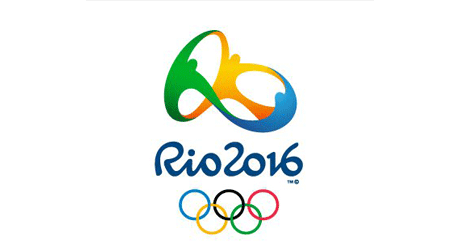Say it with me: Golf is too hard, takes too long to play and costs too much money.
And soccer isn't. That's why the beautiful game can captivate a nation otherwise largely ambivalent about it every four years.
Soccer isn't hard to understand. Toddlers get it. Take this ball, kick it around and put in that net over there. Do it more times than the other team and you win. The time commitment is also very clear: 90 minutes, plus or minus a few arbitrarily added minutes at the end of each half. No other major American sport can make that kind of promise.
Getting a game together doesn't take a whole lot of effort. Get a ball, find an open field/unoccupied room in your house and invite some buddies or total strangers to play.
The cost is minimal, too. Everything is optional except the ball. A couple of parking cones can be the "net." The kit (that's the uniform), spikes and shin guards aren't necessary either.
For all of those reasons, soccer is a really easy sport to watch for the first time, get into pretty quickly and pick a side almost immediately. The only thing that might need explanation is the offside rule and most people won't even notice that. Compare that to watching golf the first time. The rules are far too complicated. Then there's the clubs, the shot types, the goofy-looking fashion, the scoring, why the announcers are so quiet, the 100-plus player names and more. People don't fall asleep watching golf because it's boring; they fall asleep watching golf because their brain is trying to prevent an aneurysm.
Perhaps not seeing this gap, golf is hoping for a similar boost in audience when the sport makes a return to the Olympic program in Rio after a 112-year absence. But golf isn't like soccer, nor swimming or curling, examples of sports whose popularity surges like clockwork with the Olympic cycle. The perception of those sports is that the barrier to entry -- either to play or watch -- is really low. The person who touches the wall first in swimming wins. Roll a rock on ice into a bullseye and you're curling. For whatever reason, "put the ball in the hole" doesn't seem to be what people think when they hear golf.
There's really not a lot that can be done to change the nature of golf at this point, short of something radical that no large group of players would sign on to do. (The 15-inch cup and non-conforming equipment aren't bad ideas, they just won't address the larger barriers to entry.) But, the golf community can present the game on an Olympic stage in an easier-to-understand way that might yield a bigger boost than they'd otherwise get.
Here's the action plan:
- Take golf to the people: Start a campaign now -- no, yesterday -- to explain golf to people in cities around the world, especially in developing countries. Golf infrastructure ranges from modest to non-existent on most of the planet, so creating pop-up courses in urban environments can expose would-be fans to the game. It may also break down preconceptions that the game is only for the wealthy.
- Make it a team competition only: There's nothing like using jingoism to drum up interest in a sport. If golf is played with teams instead of individuals, then fans just have to look for flags, not names. Match play is preferred.
- Sell the equipment at a cutthroat price: Maybe this is a one-time Olympic special, but golf manufacturers could well capitalize on the interest the Olympic tournament piques if they make the barrier to trying the game very, very low. Sell equipment -- and it doesn't have to be the top-of-the-line stuff -- at an astoundingly low price during and after the games. Encourage people without the means to enjoy the game to the extreme to take up the game modestly. It's essentially the Get Golf Ready model, but for equipment.
This three-step plan won't make golf as easy to understand as soccer, but it'll help get more eyes on the sport and get more eyes on the ball when the '16 Games are finished.


Add Comment